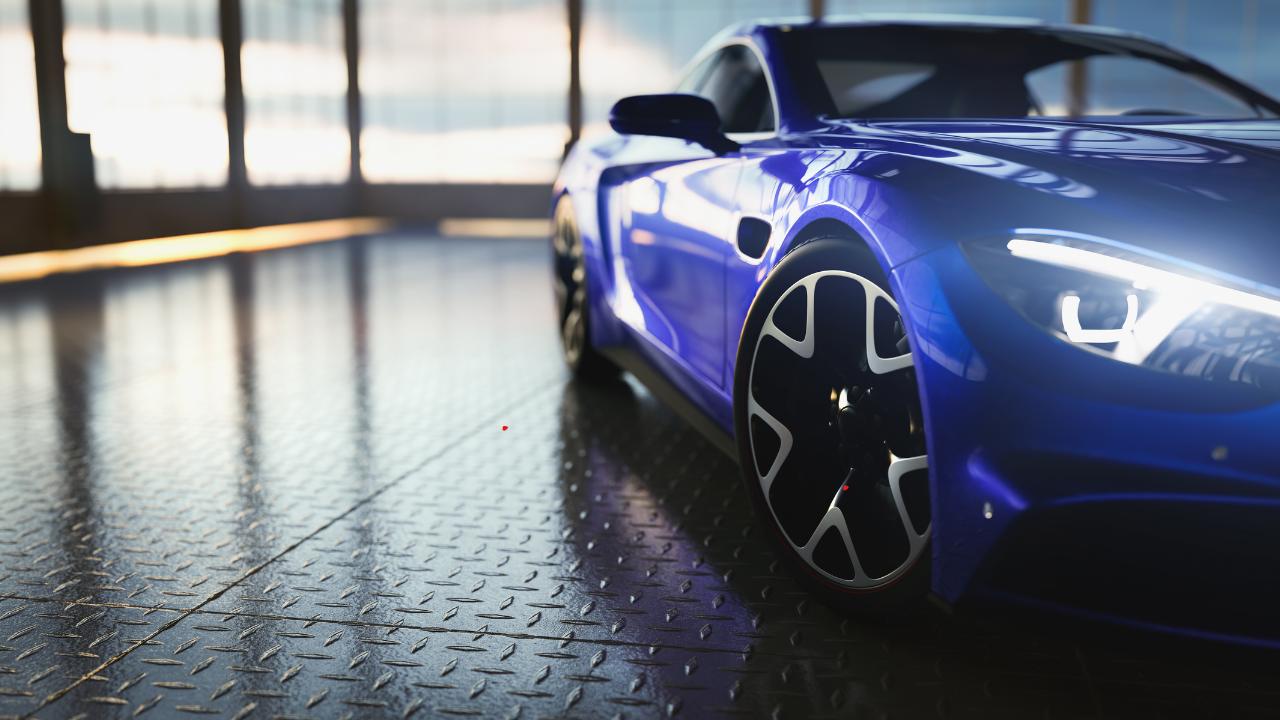When you buy a new car, one of the most reassuring parts of the purchase is the manufacturer’s warranty. But what exactly does it cover—and what doesn’t it? Whether you’re driving a fresh-off-the-lot SUV or still under warranty from a few years back, understanding the ins and outs of coverage, including how to check warranty by VIN, can save you thousands and a ton of stress.

Let’s break down the different types of manufacturer warranties, what you can expect to be covered, and how to handle warranty claims or extensions, including guidance on “how to check my warranty on my car” to understand your current coverage.
The Basics of a Manufacturer’s Warranty
A manufacturer’s car warranty is a promise from the automaker that your vehicle will function as intended for a specific period or mileage. If a part breaks because of a factory issue, they’ll fix it for free.
Most new cars include more than one type of warranty.
Types of Car Warranty Coverage (Comparison Table)
| Warranty Type | Covers | Typical Duration | Notes |
| Bumper-to-Bumper | Most parts and systems | 3 years / 36,000 miles | Excludes wear items like brake pads |
| Powertrain | Engine, transmission, drivetrain | 5 years / 60,000 miles | Covers most expensive components |
| Emissions | Emissions control systems | Up to 8 years / 80,000 miles | Federal law requires coverage |
| Corrosion (Rust) | Rust-through on sheet metal | 5 years to lifetime | Surface rust often not included |
What’s Covered Under a Manufacturer’s Warranty?
1️⃣ Bumper-to-Bumper Warranty
This covers most parts in the car. It usually includes:
- Electrical systems
- Climate control
- Touchscreens and sensors
🛑 Does NOT cover: brake pads, filters, wiper blades, or tires.
2️⃣ Powertrain Warranty
Covers your car’s mechanical core:
- Engine & internal components
- Transmission & transfer case
- Driveshaft & differential
💡 Want deeper insight? Learn how to check a car’s warranty before doing repairs.
3️⃣ Emissions Warranty
Legally required coverage for parts affecting your car’s emissions:
- Catalytic converters
- Engine Control Module (ECM)
📋 Living in a strict-emissions state? You’ll want to read a guide to check engine light causes.
4️⃣ Corrosion (Rust) Warranty
Protects you from serious bodywork issues caused by rust perforation—not just surface spots.
🚫 What’s Not Covered?
Even with a new car warranty, you’ll pay out-of-pocket for:
- Routine Maintenance
- Wear-and-Tear Items
- Damage from Accidents
- Improper Modifications
💡 Should You Consider an Extended Warranty?
An extended warranty (also called a vehicle service contract) can be worth it—especially if:
- You’re planning to keep the car long-term
- You want coverage after the factory warranty ends
- You want extras like towing, rentals, or roadside help
📖 Compare the pros and cons in our extended warranty guide.
How to File a Warranty Claim (Quick Guide)
Steps to file a claim:
- 📖 Review your warranty coverage booklet
- 🏪 Visit an authorized dealership
- 💬 Describe the issue clearly
- 📁 Present service records
- 🧾 Let them handle repair approval and processing
📌 Tip: Keep a copy of your vehicle maintenance history—some claims can be denied without proof.
How to Check Your Warranty Status
Wondering how to check my warranty on my car? Here’s how:
✅ Call your dealership
✅ Log into your car maker’s online portal
✅ Look through your glovebox for the warranty booklet
Or go online and check warranty by VIN—it’s fast and easy.
Quick FAQ: Manufacturer Car Warranty
Q: Can I transfer my manufacturer warranty if I sell the car?
A: Most warranties are transferable to a new owner—especially powertrain coverage.
Q: Will aftermarket parts void my warranty?
A: They won’t void your entire warranty—but if a problem is linked to that part, it won’t be covered.
Q: Is rust covered?
A: Only if it perforates the metal, not if it’s just surface corrosion.
Final Thoughts
Understanding your manufacturer’s warranty helps you plan ahead. Furthermore, it allows you to avoid surprise expenses. Most importantly, it serves to protect your vehicle investment. From major mechanical breakdowns to issues like rust and emissions compliance, this coverage acts as your first line of defense during the initial years of car ownership.
🚘 Keep your records, stay on top of maintenance, and don’t wait until something breaks—know your coverage before you need it.
Ready to check your car’s warranty status? Run a free VIN check now and get instant answers.